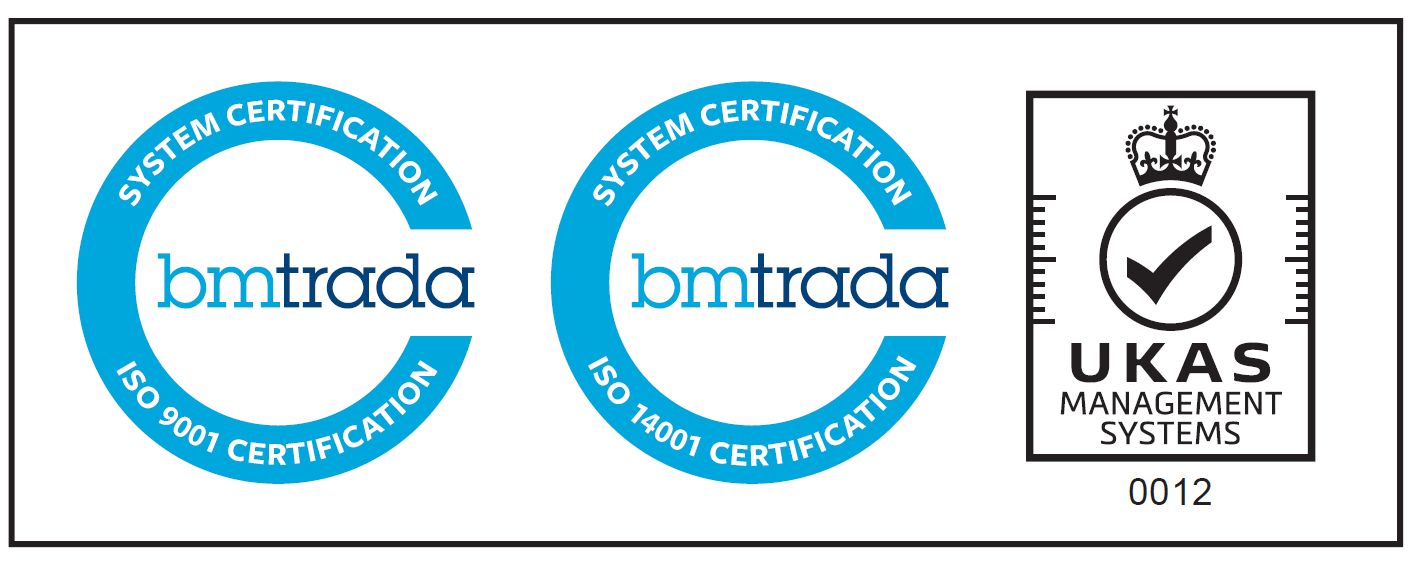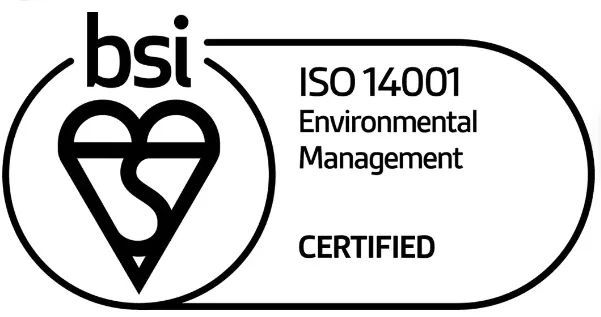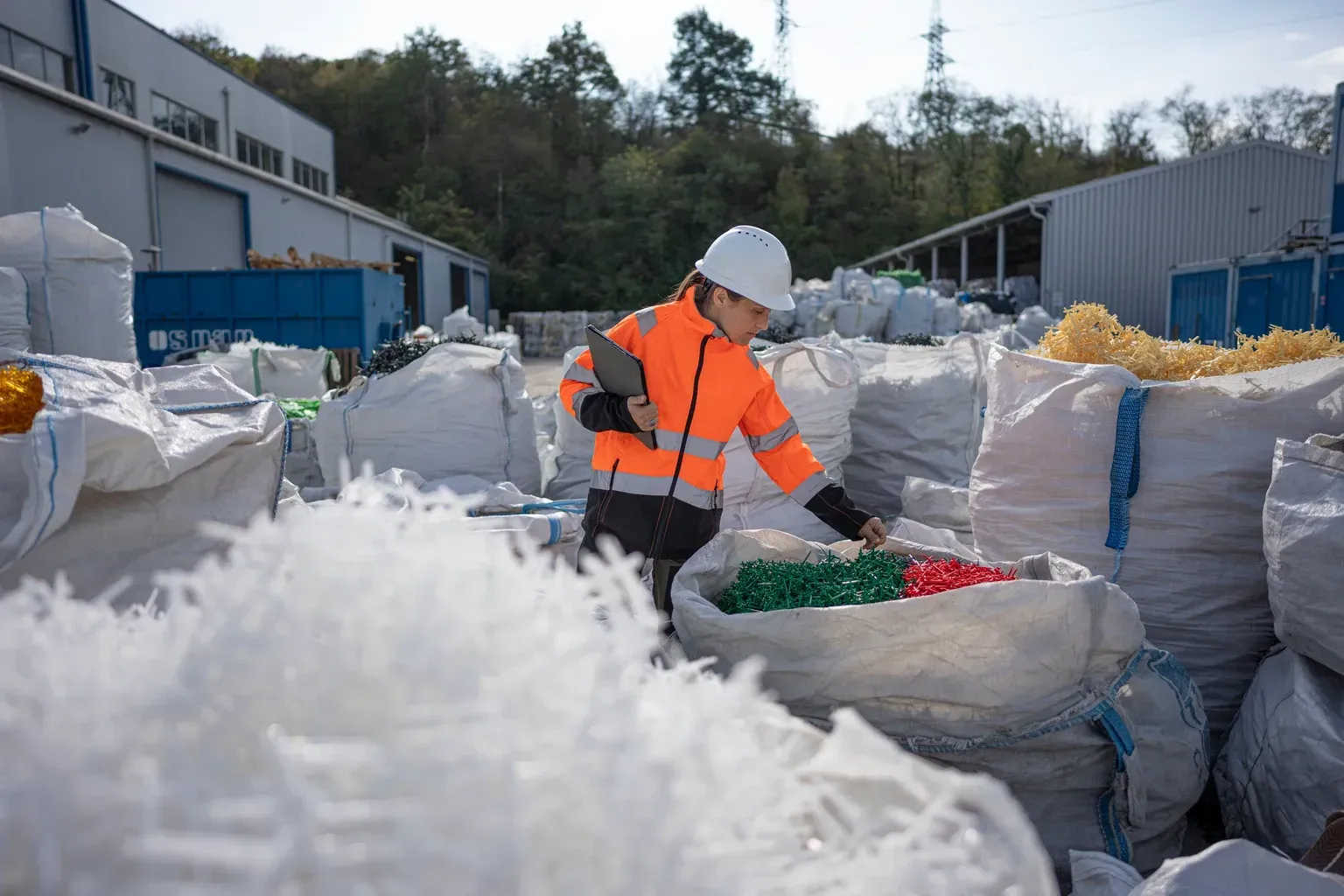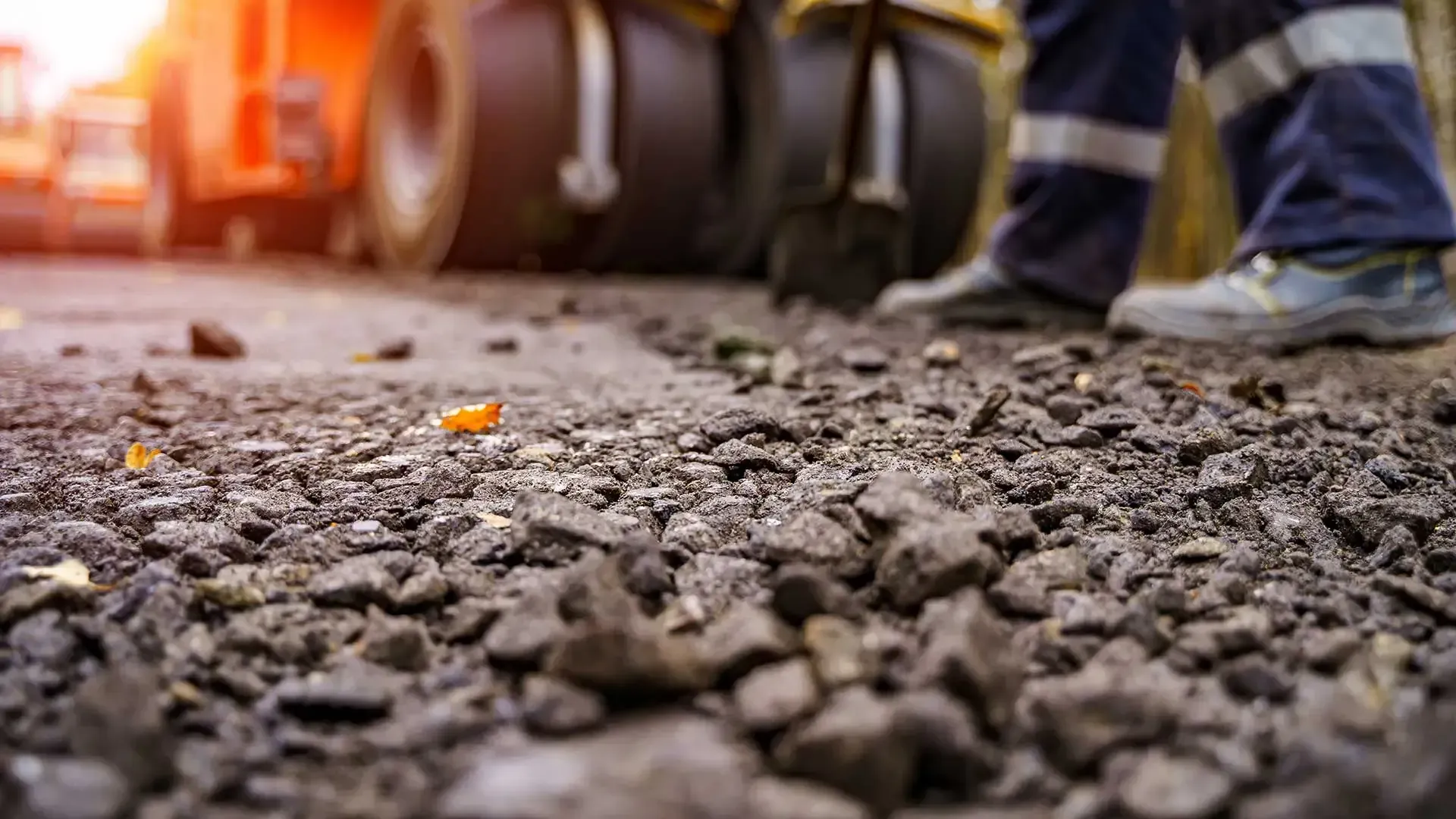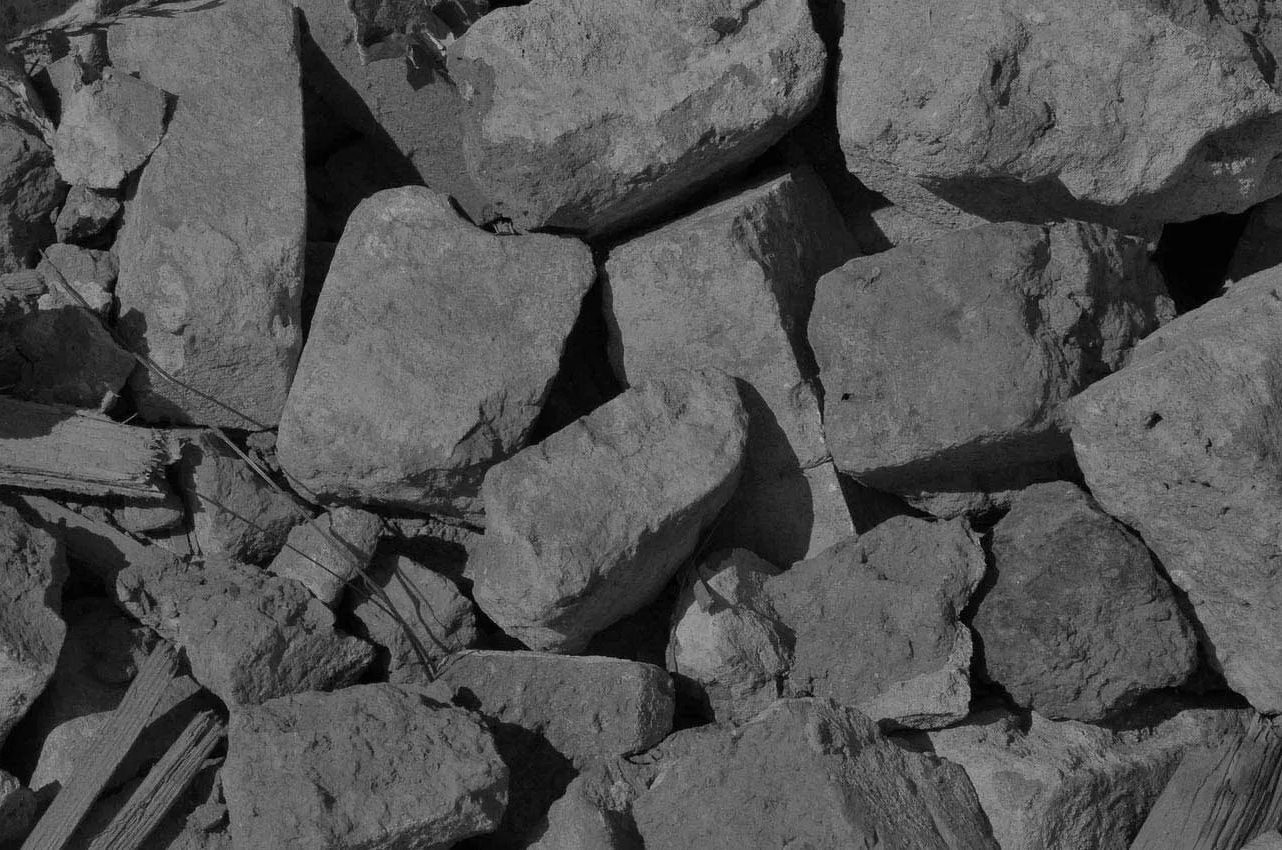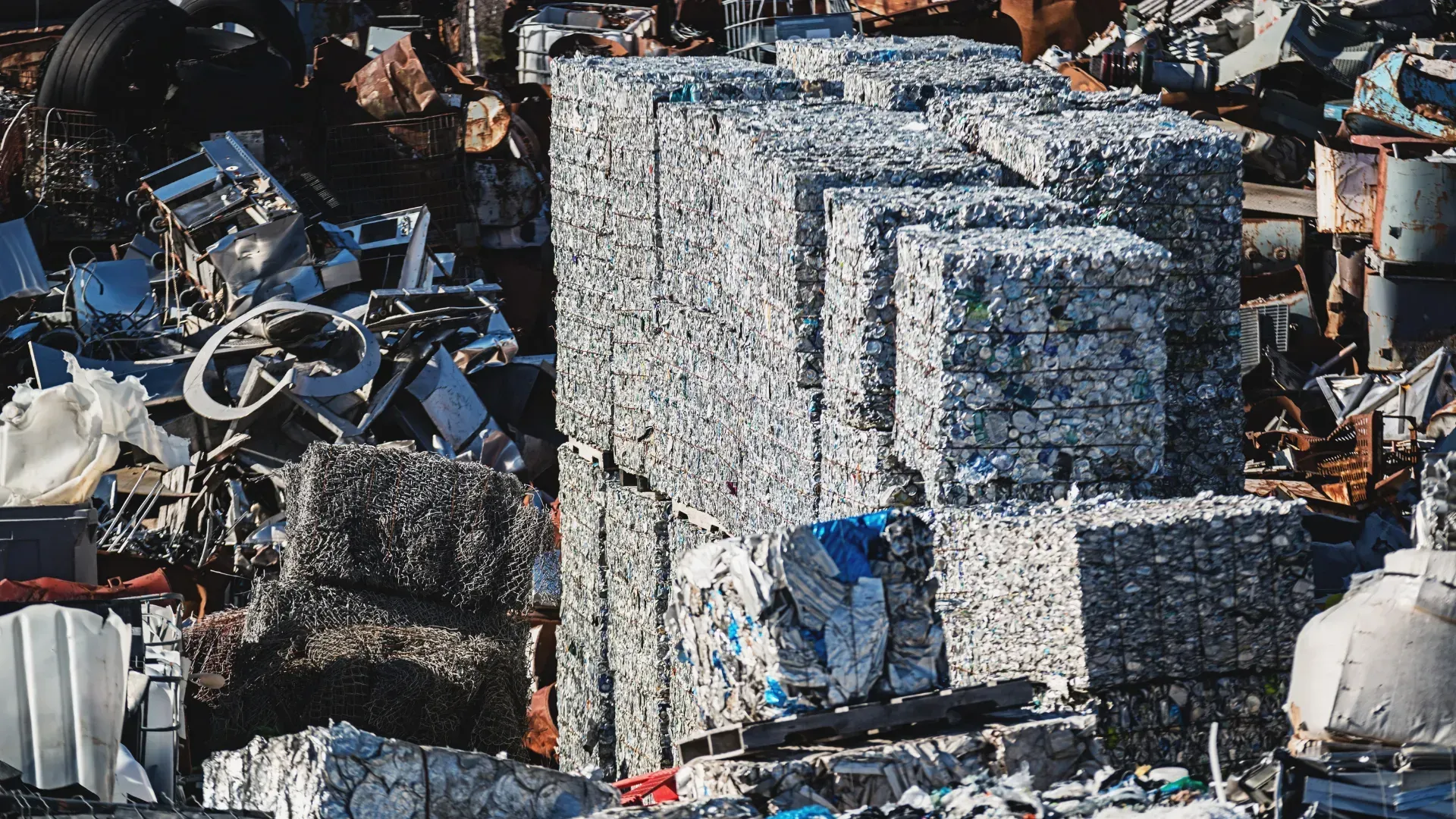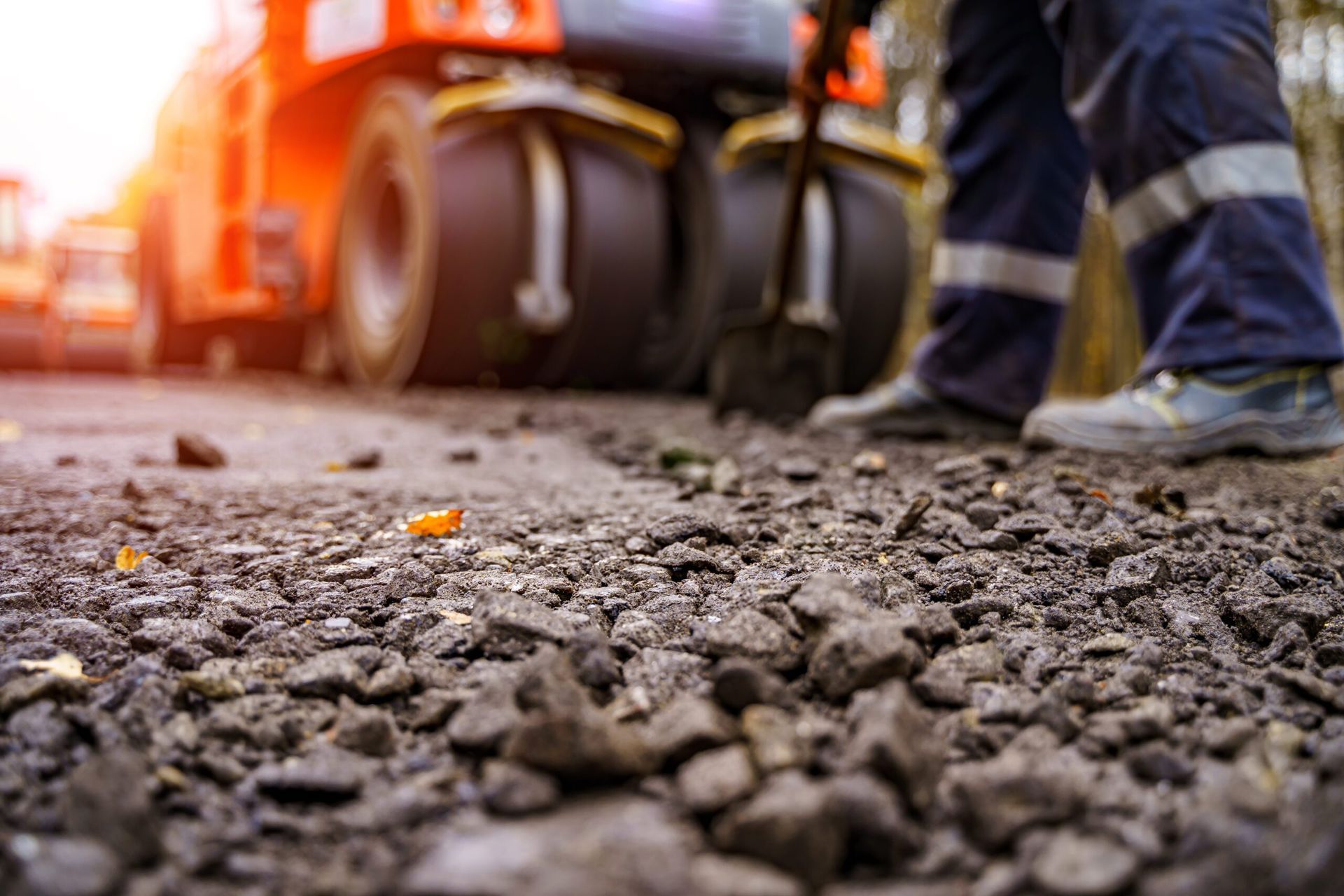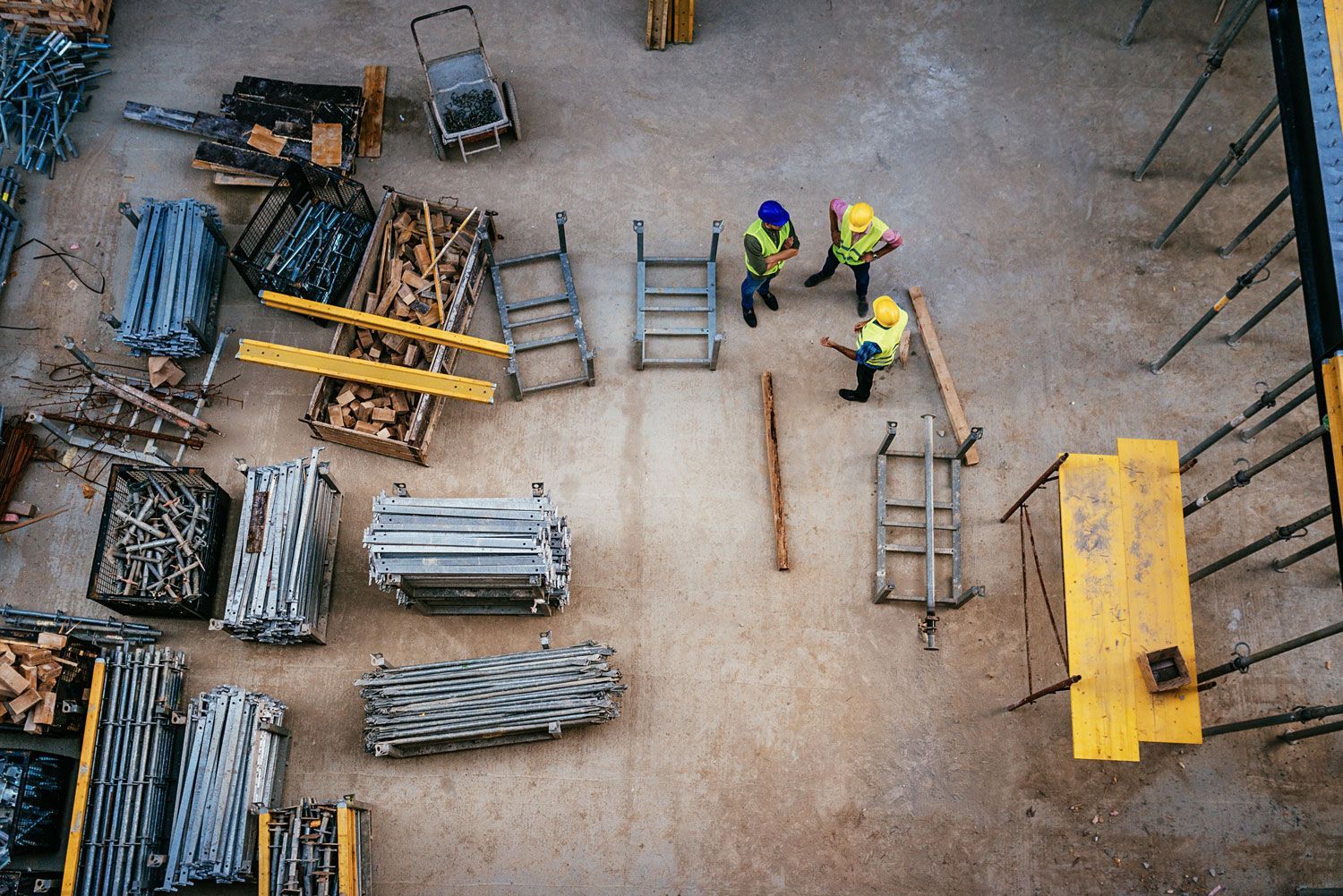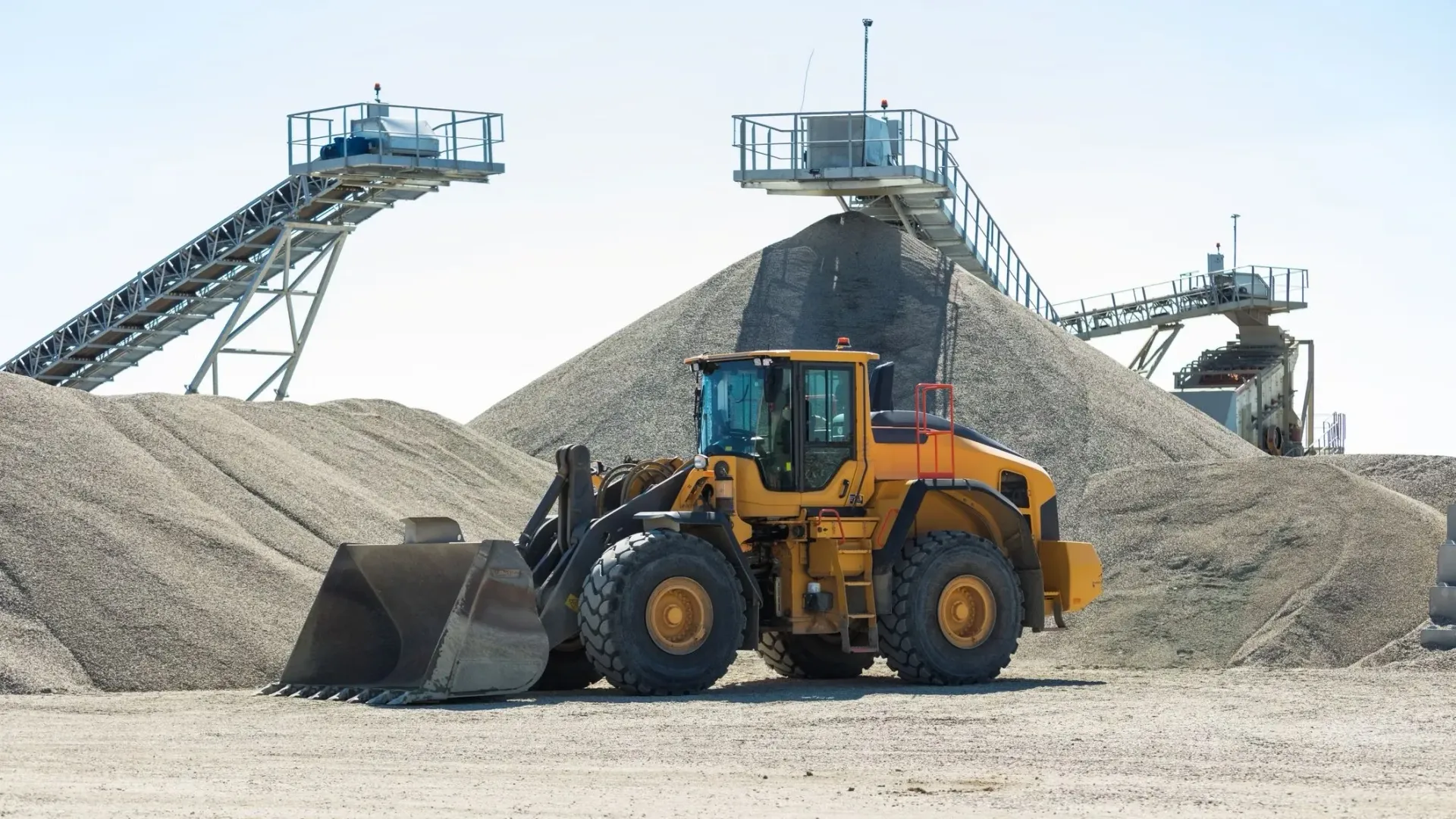The Future of Waste Disposal
The future of waste disposal is a fascinating topic, largely because waste disposal practices are ever-changing! As we learn more about the environment and become increasingly aware of our responsibilities to protect it, the way we produce, manage and dispose of waste changes too. Waste disposal practices have changed significantly over the past few decades, and we’re excited to see how they continue to evolve.
At WM Thompson & Son, we’re always looking towards the future. After all, we believe it’s vitally important for the industry we work in. Making sure we keep up to date with changing industry demands and increasing pressures upon the environment helps us to adjust our working practices and minimise our environmental impact. As we specialise in waste management, we’re always on the lookout for responsible recycling and disposal solutions.
With this in mind, we’ve listed some of the main ways that waste management is predicted to change in the future. From the future of consumer attitudes to the future of waste disposal technology, here are some of the adjustments we can expect to see.
The prevention of waste production
One of the most effective ways to minimise our global impact on the environment is to prevent waste production as much as possible. While focusing on sustainable waste disposal practices is a great way to tackle issues such as pollution and the devastation of local landscapes, the most effective way to manage our waste is to minimise what we produce in the first place. The less we produce, the less we have to dispose of!
Reducing our waste production has long been a priority for individuals and businesses across the world, however, we’re seeing changes in the way we do this. For instance, there are now more companies than ever before creating reusable products, such as bamboo straws and canvas bags, to help people give up single-use items. It’s now common practice to carry a reusable water bottle around, and with cities across the world offering free water on the street (with one of the best examples being France’s Eau de Paris project), we can see a real shift in society’s attitudes towards waste reduction.
Here are just some of the changes we can expect to see from individuals, businesses and industries in the future:
● An increase in the number of zero-waste shops on UK high streets. Zero-waste shops have increased in popularity over the last few years - and it’s no surprise as to why! Instead of buying lots of individually-wrapped goods, zero-waste shoppers can transport groceries, cereals and toiletries in reusable containers instead.
● An increase in upcycling. It has become increasingly fashionable to decorate with upcycled furnishings and other goods, with pallet furniture being one of the best examples of popular upcycling projects. However, there are also much larger applications for upcycling. For example, shipping containers have been upcycled into everything from student accommodation to swimming pools.
● An increase in the use of recycled materials for building projects. There’s no denying that the construction industry is one of the biggest contributors to waste generation in the UK and across the world. However, this also means that there are plenty of great opportunities for the construction industry to make impactful change. This includes reducing the waste generated by businesses by building with recycled materials, such as recycled aggregates.
The adoption of Pay As You Throw models
While we’d like to think that most people recycle their household and garden waste responsibly, unfortunately, this isn’t always the case. For instance, a 2017 study found that the recycling rate for waste produced by UK households was 45.7%. This means that at least half of the waste produced by UK households isn’t recycled.
We can assume that some of this waste is directed towards sustainable landfills, but research also suggests that a large volume of household waste ends up in the world’s waterways, including the ocean. This means there’s still a long way to go to make sure that individuals in the UK and across the globe are doing all they can to minimise their environmental impact.
What does this mean for the future? Well, the future of waste disposal could largely lie in the hands of the individual. To make a truly positive and tangible change, some cities are holding its residents accountable for their actions when it comes to waste disposal. One great example of this is the ‘Pay As You Throw’ model, which is set to become a much more widespread practice in the future.
One of the best examples of a Pay As You Throw model being used effectively is in South Korea. South Korea used to be one of the largest contributors to the global food waste issue, however, the introduction of smart bins to Seoul has helped the country reduce its contributions massively. The smart bins use a simple yet highly effective system to charge Seoul residents for the food waste they have generated, using ID cards to bill individuals once they’ve deposited food waste into the bins.
This is a sophisticated way to hold people accountable for the waste they’ve produced. As a result, it also encourages people to reduce their waste contributions by turning to alternative disposal methods, such as composting. Seoul saw brilliant results with a reduction of almost 50,000 tonnes of food waste in just six years. The question now remains - when will other cities catch on?
Innovations in closed-loop recycling practices
Closed-loop recycling isn’t necessarily a new concept, however, it is set to develop and evolve in the future. There are many great examples of closed-loop recycling that are now part of everyday life (such as the use of recycled aluminium cans to package food) and it’s safe to say that the process is catching on. Today, there are lots of different businesses and manufacturers that take advantage of closed-loop recycling and that reap the benefits of doing so.
At WM Thompson & Son, we’re proud to incorporate closed-loop recycling into our business. For instance, we supply reclaimed stone and recycled aggregates to businesses in the construction sector, which has traditionally been one of the biggest contributing sectors to waste generation across the world. By supplying recycled construction materials, such as aggregates, we prevent perfectly good resources from being sent to landfill sites.
Using recycled products for the construction of roads, car parks and other public spaces also reduces the need for raw materials to be dug up and processed. When we look at the many benefits of closed-loop recycling, it’s clear that it protects the environment in more ways than one! It’s also clear that closed-loop recycling practices are the future, with many innovative closed-loop products being adopted by the mainstream.
We can see this clearly in the fashion industry. Today, there are many great fashion brands using closed-loop and semi closed-loop recycling to produce new clothes and shoes. For example, recycled cotton garments can be repurposed to create new cloth and plastic can be recycled and incorporated into shoe design. When these products have come to the end of their lifespan, the recycling process can start again.
Automation in waste separation and recycling
As we rely on technology more and more to automate laborious processes and remove the risk of human error from important, precise tasks, it’s no surprise that lots of waste separation and recycling processes are now automated. By automating tasks such as collecting, washing and separating waste materials, such as cardboard, glass and metal, recycling stations and material recovery facilities (MRFs) can optimise efficiency and ensure fewer products are sent to landfill sites.
Using robots to separate waste also opens up opportunities for recycling additional resources. For example, automating the separation of materials makes it possible to distinguish between different types of plastic quickly and easily. This is something that MRF workers would struggle to do accurately, yet robots can identify and separate individual plastic polymers using sophisticated techniques, such as near-infrared spectroscopy.
The use of near-infrared spectroscopy could be revolutionary for material recovery facilities everywhere. In particular, the use of this technique could help to reduce the volume of recyclable plastic that is mistakenly sent to landfills. This is a huge problem that recycling plants must look to resolve with the use of robotics and automated systems. This is especially important for MRFs that deal with household waste, as such techniques could help to reduce the volume of plastic waste, such as food packaging, that ends up in the ocean.
WM Thompson & Son: Eco-conscious landfill solutions with on-site recycling facilities near Glasgow
At WM Thompson & Son, we’re proud to be part of the UK’s environmentally-friendly waste management sector. We offer eco-conscious landfill solutions with on-site recycling facilities in Dumbarton, in addition to recycled aggregates and reclaimed stone for use across all applications. We take our environmental responsibilities very seriously and are dedicated to minimising our impact on the local landscape. That’s why, when you use our S.E.P.A. licensed landfill services, you can rest assured that your waste will be dealt with as responsibly as possible.
For more information about our range of services, including our plant hire solutions and concrete for sale,
contact us at WM Thompson & Son today. We look forward to working with you.
